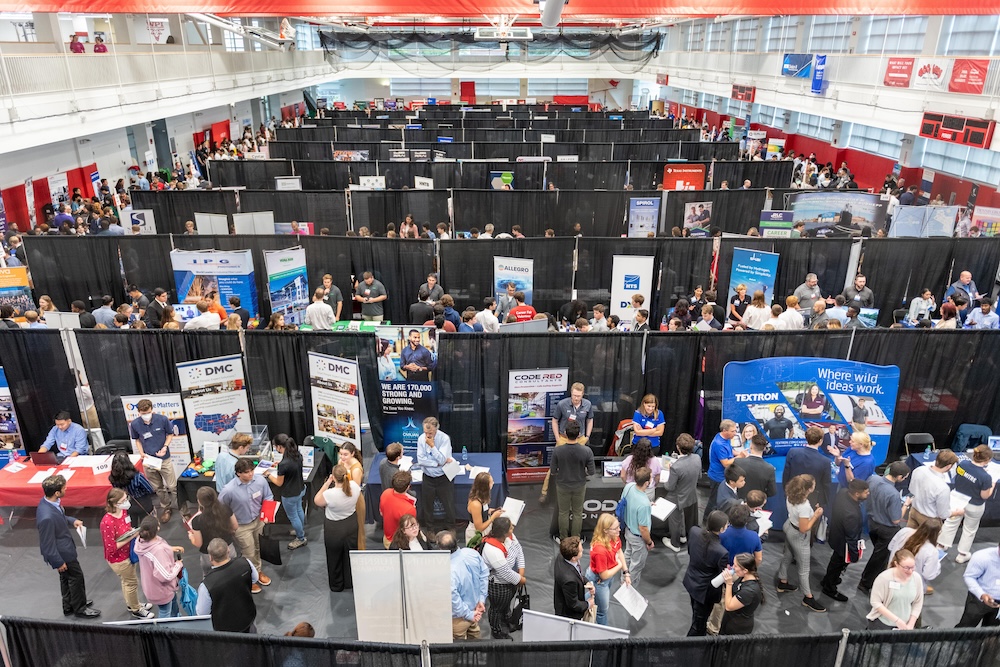Worcester, Mass. – More than fifty years after Worcester Polytechnic Institute (WPI) revolutionized its undergraduate engineering education, data from a recent alumni survey prove that working on multiple hands-on projects throughout a student’s college career equips them with valuable skills that contribute to their personal and professional success and resilience for years to come. These data provide further evidence to support WPI’s unparalleled approach to project-based learning.
Responses from more than 2,200 alumni who graduated from WPI between 1980 and 2019 confirm that required experiential learning opportunities, whether completed on or off campus, prime students to develop the leadership, teamwork, communication, and problem-solving skills that are in high demand in today’s workplaces, communities, and everyday life.
“WPI’s transformative project-based learning model provides an experience that prepares students to work as a team, think critically, communicate, collaborate, see the world from different cultural perspectives, and be motivated to address problems that truly matter to society,” says WPI President Grace J. Wang. “Technological advances, in many ways, have elevated the importance of these skills. WPI’s unique education equips students to be knowledge-ready, job-ready, and future career-ready.”






